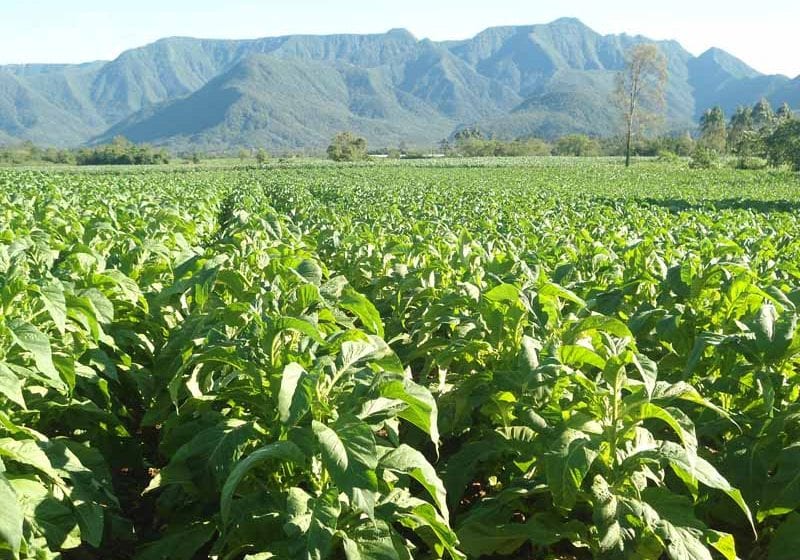Tobacco project in minister’s hands

In Namibia, the Zambezi Communal Land Board has rejected an application by a Chinese majority-owned company to set up a tobacco plantation in the region, according to a story in The Namibian.
Namibia Oriental Tobacco CC, a firm co-owned by the South West Africa People’s Organization’s (Swapo – the largest political party in Namibia) Oshikoto regional co-ordinator, Armas Amukwiyu, was said to have ‘received’ from the authorities 10,000 ha at Liselo, on the outskirts of Katima Mulilo in the Zambezi region.
The company wants to produce tobacco and maize on the land, but before they can go ahead with their plans they need approval from several government bodies, such as the regional land board, which makes recommendations to the lands minister.
The minister will have the last word on whether or not to give the go-ahead for the project on the land.
Although the board’s decision to reject the plantation was taken in May last year, it was only this year that the land board wrote to the ministry of lands to explain why they did not agree with the proposed tobacco plantation.
The chairperson of the Zambezi Communal Land Board, Regina Ndopu-Lubinda, told the Namibian that she had written a recommendation letter in April to the permanent secretary in the ministry of land reform, Peter Amutenya. The ministry had responded to the land board, but had declined to comment further.
“It is an internal matter for now,” Ndopu-Lubinda said. “We cannot release any information to the media until a decision has been made. The minister can decide to consider our recommendation, or set it aside.”
In the letter, seen by The Namibian, Ndopu-Lubinda wrote that the board had decided, in the interest of Namibians, not to recommend the tobacco component of the Namibia Oriental Tobacco plan, but had approved the maize production part since the board believed it was environmentally and economically viable.
The board advised the company that it would entertain their application only if it stuck to maize production and discarded the idea of planting tobacco. The board further suggested that the company should consider reducing the size of the required land from 10,000 ha to 3,000 ha.
Amukwiyu told The Namibian that his company was yet to decide on how to react to the rejection. “We are going to sit and decide how we will move forward,” he said.
It is understood that Namibia Oriental Tobacco had intended to grow tobacco on a large scale for export purposes, and to cultivate maize on a small scale to cater for local markets.
